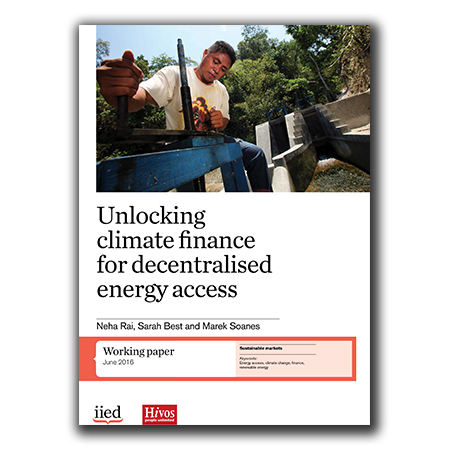We often hear on the radio and news about how climate change is disproportionately affecting countries in the Global South. Although the effects are slowly reaching us in Europe, they are rarely life-threatening, only mildly inconvenient or unusual. For our partners in Tanzania and Uganda, it is harrowing to hear first-hand how their friends and family are being affected by the changing climate, and how few resources they have to cope with these changes.

In the Maasai communities of Tanzania, water is an extremely precious resource. Due the relatively recent digging of boreholes (either by governments or charities), most of the once nomadic tribes no longer have to constantly search for water and food. However, these boreholes have a limited supply of water, and people are usually still pressed to obtain enough for their everyday needs. The main livelihood in these communities is raising cattle, and to find fresh pastures for these cattle to graze becomes ever more challenging in the dry season. Having changed from a nomadic lifestyle, most Maasai now also do some farming to help supplement their income, and this of course relies heavily on predicting the seasons to know when to plant and when to harvest.
Last year in Simanjiro, the rains didn’t stop for the entirety of what should have been the dry season. Although at first sight this would seem to be great news for communities who spend most their lives battling with water scarcity, it has many knock-on effects. People running borehole businesses found themselves with no customers as people could find water naturally elsewhere, putting them out of business and making them unable to maintain the equipment for the next dry season. The never-ending rains was also not great for farmers, who depend on the regularity of dry and wet seasons to plan their crops and harvest appropriately.
This year, the same region is facing an even worse situation – a never-ending dry season. We are now almost 2 months into what should have been a rainy season, and yet these communities are still waiting for the rains. Our partners have told us how as children, the rains came almost like clockwork. Now, it is increasingly impossible to predict what will happen. The lack of rains may at first seem like a good sign for borehole businesses, but the lack of natural water means the entirety of the surrounding vegetation has died. People who would usually bring their cattle to the borehole for water have instead had to walk for weeks/days to find areas where some grass has survived, and so their usual borehole operators are seeing a drop in business. There are reports of people illegally sneaking their cattle into national parks overnight to try and find food. And that’s just the few lucky people who managed to get their cattle to further areas which still had grass quick enough. Almost everyone has seen the death of several of their livestock, as their starvation makes them too weak to walk to even find food. And it goes without saying that everyone’s crops are failing due to a lack of water, and this will be severely impacting their livelihoods.
Climate change is definitely real, and it is sad to see how these communities have no resilience to withstand its effects, especially as they are the smallest contributors to its cause. At SVRG, we are trying to reduce our carbon impact by only flying when necessary and making our trips longer so each flight is more worthwhile. (Many of our employees are even making the personal choice not to fly for holidays/travels wherever possible as we are aware of our already huge number of air miles through work). Through solarising existing diesel-powered borehole pumps, we are able to offset many of our carbon emissions from flying, and we are always trying to do more to help make these communities more resilient to the climate challenges they are increasingly facing (for example through cold storage solutions and new farming methods). We believe developing countries have a responsibility to share our skills and knowledge so those at risk can adapt.
Developing countries didn’t bring this upon themselves, so why should they have to face the costs of dealing with it alone?
Read more about how drought is affecting East Africa on the BBC:
- East Africa drought: ‘The suffering here has no equal’
- Why Africa couldn’t get urgent global deal on drought
- The Drought Ravaging East Africa (includes an extremely hard-hitting video)








